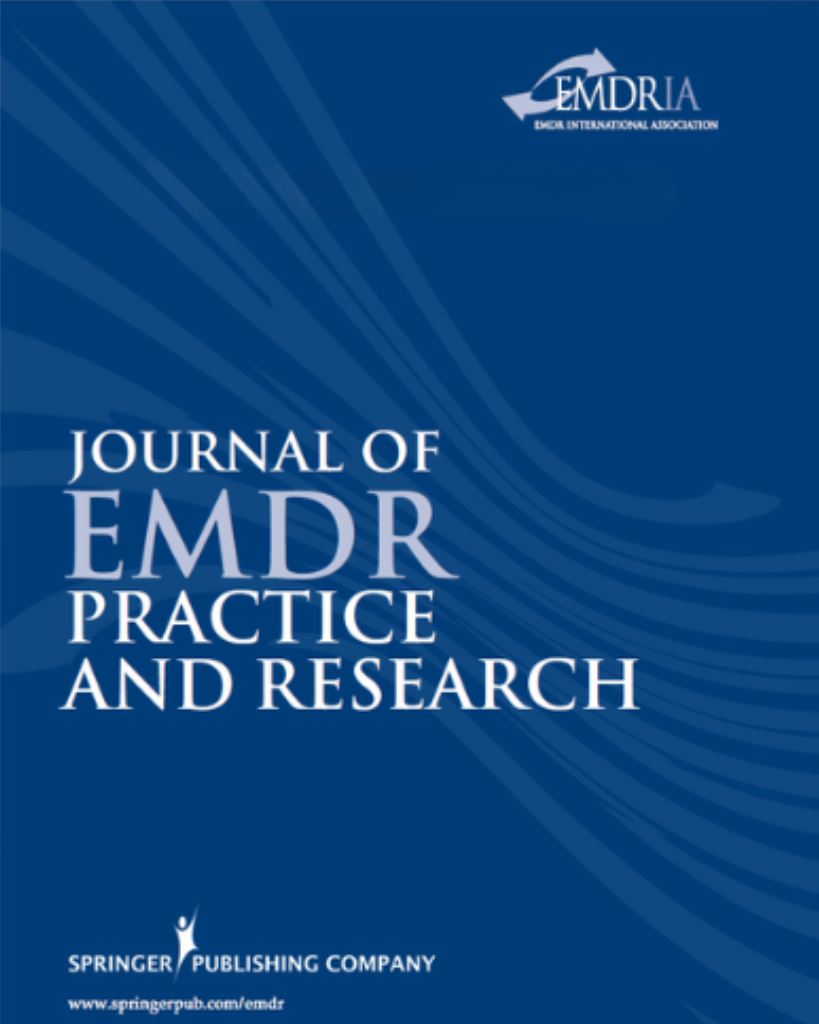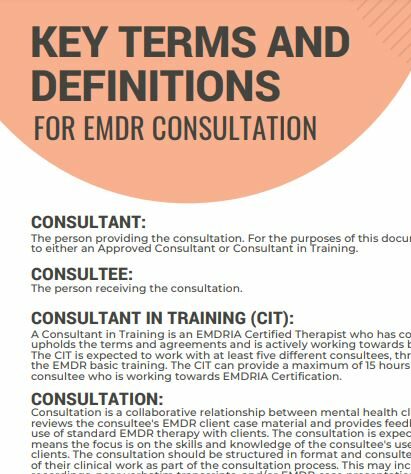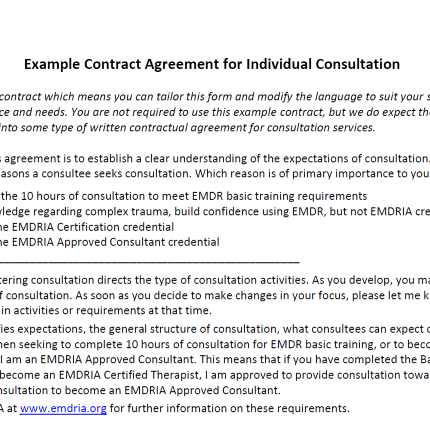Case Consultation: Unremitting Depression
Case consultation for challenging case: a man was referred for EMDR for treatment of a depression that began more than 2 years previously.
Article Abstract
“Case Consultation is a new regular feature in the Journal of EMDR Practice and Research. In this article, an eye movement desensitization and reprocessing (EMDR) clinician briefly describes a challenging case in which a man, “George,” was referred for EMDR for treatment of a depression that began more than 2 years previously. After all his reported traumatic memories were completely processed with EMDR, George remains severely depressed and the therapist asks how to proceed effectively with treatment. Responses are written by three experts. The first expert, Robin Shapiro, describes a comprehensive list of possible etiologies, including attachment, early trauma, genetic, and other biological causes and their appropriate EMDR, ego state, or medical treatments. The second expert, Arne Hofmann, reviews the treatment that was provided and makes suggestions for alternate treatment targets, suggesting that the therapist could address the client’s belief that “nothing will change” and try the EMDR inverted protocol. The third expert, Earl Grey, recommends that the clinician focus on addressing small “t” traumas, even if the client indicates that he or she has little to no disturbance and explains how to develop and implement a ‘restorative life span target sequence.'”
—Description from publisher
Article Access
Open Access
Shapiro, R., Hofmann, A., & Grey, E. (2013). Case Consultation: Unremitting Depression. Journal of EMDR Practice and Research, 7(1), 39–44. https://doi.org/10.1891/1933-3196.7.1.39
About the Journal
The Journal of EMDR Practice and Research is a peer-reviewed publication devoted to integrative, state-of-the-art papers about Eye Movement Desensitization and Reprocessing. It is a broadly conceived interdisciplinary journal that stimulates and communicates research and theory about EMDR, and their application to clinical practice. The Journal of EMDR Practice and Research is the Official Publication of the EMDR International Association.
Date
March 1, 2013
Creator(s)
Robin Shapiro, Arne Hofmann, Earl Grey
Topics
Depression
Practice & Methods
Case Conceptualization
Extent
6 pages
Publisher
Springer Publishing Company
Rights
Copyright © 2013 EMDR International Association
APA Citation
Shapiro, R., Hofmann, A., & Grey, E. (2013). Case Consultation: Unremitting Depression. Journal of EMDR Practice and Research, 7(1), 39–44. https://doi.org/10.1891/1933-3196.7.1.39
Series
7
Installment
1
Audience
EMDR Therapists
Language
English
Content Type
Article
Original Source
Journal of EMDR Practice and Research
Access Type
Open Access





